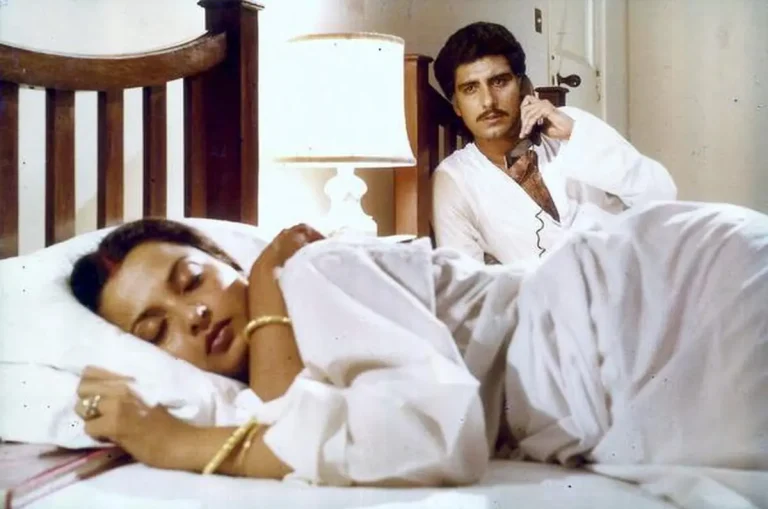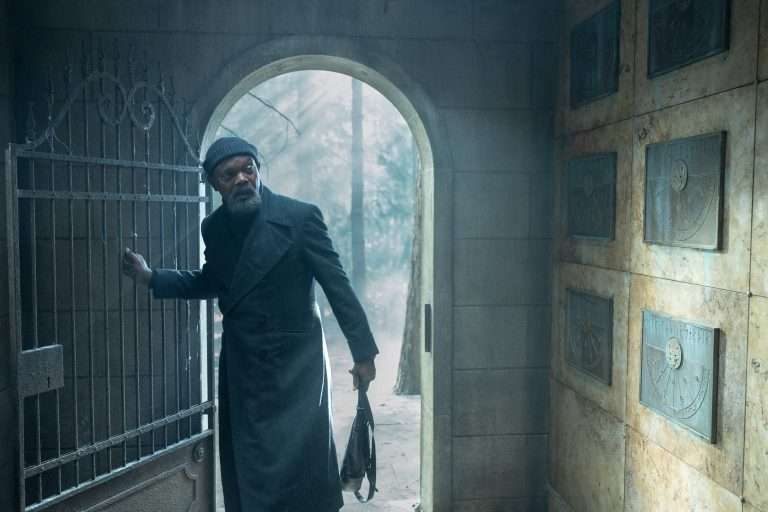Sam Worthington’s stellar performance in Transfusion is reminiscent of the Aussie actor’s signature style. He has played such roles before (Pacific Rim and Shooter) and knew exactly what was required of him. Transfusion, as a film, does not have a lot to offer. Almost everything about it is written in stone even before you begin watching it – except the acting, which is quite good all around. Director Matt Nable is “brave” in trying to emancipate the formulaic plot with broad strokes of drama. He devotes quite a lot of time to establishing Ryan Logan’s (Worthington) character and his central conceit.
Logan’s arc is tethered tightly to the film’s overall progression of the plot, including its mood and atmosphere. These choices do not let the quality of the action scenes down, though. But they are certainly limited to tautly edited portions of the film where it shines on the back of diligent scripting. In this Transfusion Ending Explainer, we go over the film’s plot and bring you all the answers about the characters, story details, and how it ends.
Transfusion (2023) Plot Summary & Movie Synopsis:
Ryan Logan (Worthington) is an SAS sniper who has struggled in the aftermath of his service days. Logan is shown to have suffered a traumatic gunshot wound during a mission where he almost died. However, Ryan was able to recover owing to his strong emotional support system – his pregnant wife Justine and son Billy. Through deft intercutting between the past and present, director Matthew Nable shows us a contrasting dichotomy in Ryan’s life. The life-altering moment in his life comes when Justine tragically dies in a car accident.
What forces Ryan to join hands with Johnny?
Billy was able to survive and became Ryan’s focus in life. He subsequently left the military and became a full-time father. Six years later, things were disjointed between Ryan and Billy. Despite leaving the service, Ryan can’t prevent Billy from staying civil. He often runs into trouble with the law and has reached his saturation point. One more bad decision and his life could be destroyed. It would also mean that Ryan loses custody, which will break his spirits.
Ryan is shown to be suffering under the burden of his service days and Justine’s demise. To add to his woes, Ryan has fallen on hard times financially and faces an ultimatum from Billy’s school over fees. One day, Ryan runs into his former commanding officer, Johnny. He is offered a chance out of his misery but at the cost of considerable risk. The task is to rob a drug dealer’s hideout, which they complete after surpassing many hurdles. But things do not get better for him. Johnny’s demands keep increasing with every job.
Billy runs into trouble again, and Ryan helps him out by getting rid of evidence – a car that Billy overturned. The issue is seemingly swept under the rug until the car’s owner, who knows Billy, brings it up. In exchange for not going to the police, Ryan offers him money (which he does not have). “One score to settle them all” is what Ryan demands from Johnny, who agrees with his condition.
Tranfusion (2023) Movie Ending Explained:
This time, the mission is tougher manifold as Johnny and Ryan take on the drug dealers whose hideout they had cleared earlier. After showcasing his adeptness with weaponry, Ryan comes back home a defeated man. A fear of sorts grips him, breaking his spirits. He quickly has to move over it as the car’s owner – whom he paid off – comes back for more money. When he suggests to Billy they move again, the father-son duo gets into a heated argument. We finally learn what has been bothering Billy all this while. He feels that Ryan wanted Justine to have survived the crash in Billy’s place.
What is the significance of the film’s title?

It is a common psychological epithet that victims face after an accident where they luckily escape. The reality of the situation is completely opposite to Billy’s belief. In a flashback, we see Ryan choosing to save Billy over Justine by transfusing his blood, which had a rare antigen that meant only one of them could be saved. The drunk driver, who crashed into Justine’s car, was murdered by Johnny as revenge for Ryan.
Billy does not know any of this. Ryan makes no effort to point out his heroic choice either. The movie ends with a tense scene involving Ryan and Johnny. The latter faces an imminent threat from the people he murdered in the hit job. Their associates send a mercenary to exact revenge, but Johnny is able to come out on top. In his drunk state, he has an intense fight with Ryan at his house when he objects to Johnny coming to him for help. Something in him comes unhinged as Johnny tries to pin down and kill Ryan. It is here that the film uses a motif to establish the father-son relationship.
There was a scene at the start of the film where a much younger Billy went hunting with Ryan. They set up camp in the woods and hunted for deer. But Billy was hesitant to pull the trigger and lamented his lack of courage. Ryan pacified him, explaining that Billy showed unparalleled courage by choosing not to kill the deer, even though he knew it would make Ryan upset. A few moments later, Ryan saved Billy’s life as a wild animal almost leaped on him. That scene plays with the roles reversed as Billy shoots Johnny to save Ryan’s life.
How does the ending tie up with the rest of the film?
The ending of Transfusion shows how far Billy and Ryan have come in their relationship. A near-death experience brings them closer and gives hope to the viewers that they can lean on each other for emotional support. Masculinity and its fragility play an important role in the film. It affects and refines the characters of Billy and Ryan in different ways. While it enamors the latter to glory and heroic status, the former feels emasculated by the demands of machismo.
Billy struggles with this inadequacy throughout the film, yearning for compassion and a hand around his shoulder by his father. The guilt of losing his mother and his unborn sibling further affected any chance Billy had at leading a normal life. Since Ryan was mostly shut off from him, Billy did not have an outlet to process the traumatic accident. This lack of communication had a similar impact on Ryan as well, who felt suffocated by the burden of being the man of the house. It is not easy to raise a child all on your own with no help and support.
Nurturing a family is a continuous process of making mistakes and learning to adapt. Ryan felt immense pressure with his responsibility. His military experience and incidents like the film’s first scene added to his woes. His unimaginable burden cornered him and imprisoned his ability to form a bond with Billy, which he could easily do with Justine as the buffer. In her absence, they severed any dependence on each other, thus making them even lonelier. People do not shut off from themselves or those around them for no reason.
There is always something behind such a drastic drop-off. On this occasion, it was not only Justine’s death but also a sense of guilt and angst shared between Billy and Ryan, respectively. Transfusion does not do full justice to its canvas of drama. However, the storytelling elements that it harbors tell a moving picture.






![The Devil’s Backbone [2001]: Del Toro’s Gothic Allegory](https://79468c92.delivery.rocketcdn.me/wp-content/uploads/2017/05/910THHbGcOL._SL1500_-768x508.jpg)
